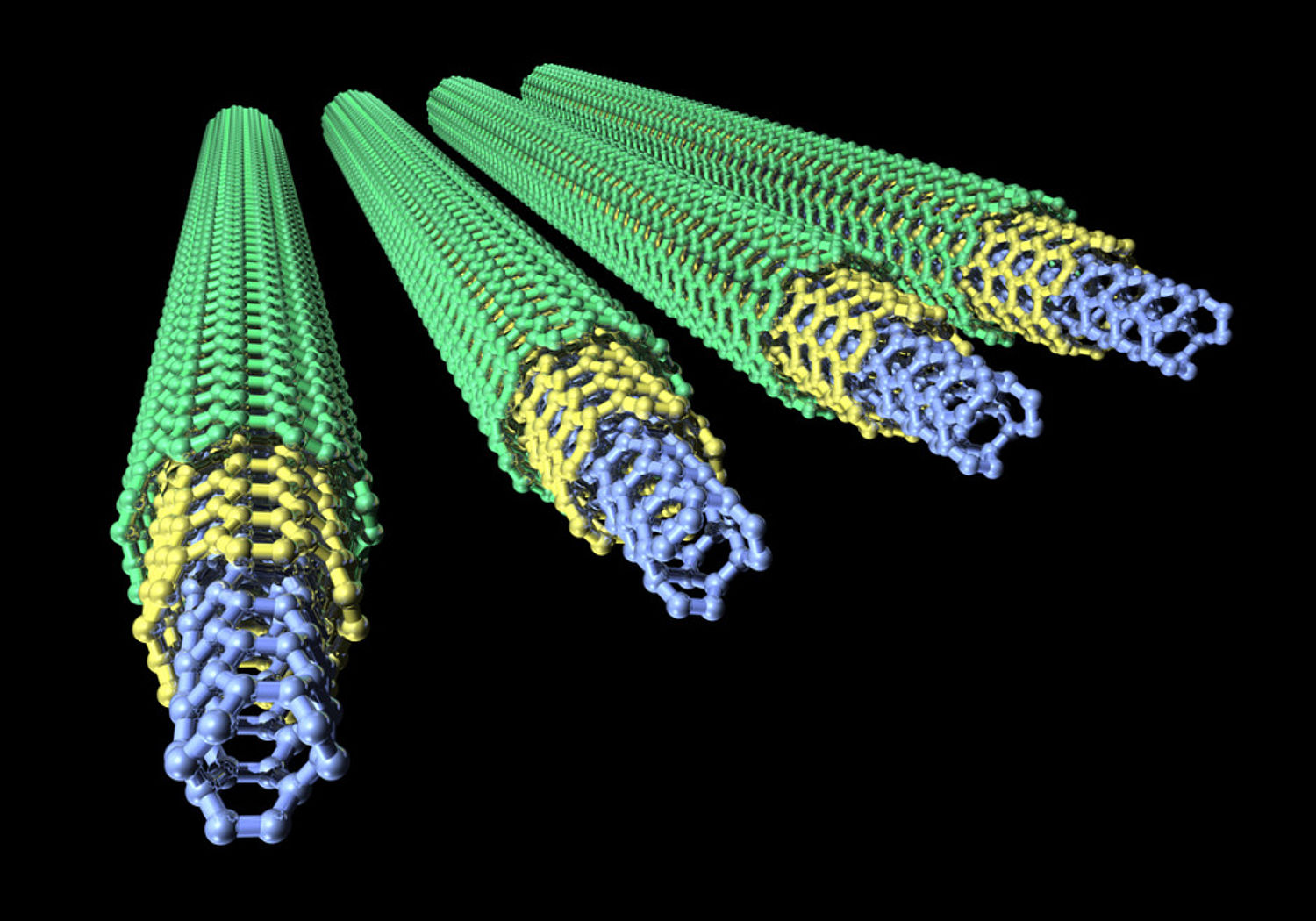High throughput metrology for nanowire energy harvesting devices
Short Name: NanoWires, Project Number: 19ENG05
Measurements to support the development of nanotechnologies for the renewable energy industry
Semiconductor nanowires, tiny cylindrical crystals with diameters of about around 100 nm and relatively long lengths, can be engineered to produce small amounts of electricity. Scaled-up, these materials potentially could contribute to Europe’s requirements for zero-carbon sourced electricity. This might be achieved by boosting solar photovoltaic energy conversion efficiencies, or from harvesting energy sourced from temperature gradients and mechanical deformations. For practical use, nanowires are fabricated into arrays, sized up to several metres squared. Critical to understanding economic feasibility is understanding relevant energy conversation cost and benefit calculations, including how the properties of individual nanowires relate to overall device performance. The EMRP ENG02 project could not establish a quantitative link for electromechanical energy harvesters, as the measurement methods then available were not accurate enough. Methods for ensuring quality control in scaled-up production are also acknowledged as insufficient for the task.
The project has devised new measurement methods to better understand the performance of energy harvesting devices based on vertical nanowires, including in solar cells. It also devised methods and models to support the production of nanowire devices. New reference materials, calibration standards, and prototype measurement technologies will be produced, and measurement certainties for doping concentration and thermal conductivity measurements demonstrated. The technologies and methods developed in the project are expected to point to new ways to improve the performance and quality of nanowire energy harvesting devices, so encourage support for this approach to supporting Europe’s future demands for renewable energy.
Coordinator: Uwe Brand
For more information, please contact the EURAMET Management Support Unit:
E-mail: empir.msu@euramet.org
Micromachines
ACS Photonics
Optics Letters
Communications Materials
Optics Express
Journal of Materials Chemistry A
Nanomaterials
IEEE Sensors Journal
Sensors
Nanotechnology
IEEE Transactions on Electron Devices
IEEE Transactions on Semiconductor Manufacturing
IEEE Photonics Technology Letters
Nanomaterials
Scientific Reports
Phys. Rev. Applied
Phys. Rev. Applied
IEEE Photonics Technology Letters
